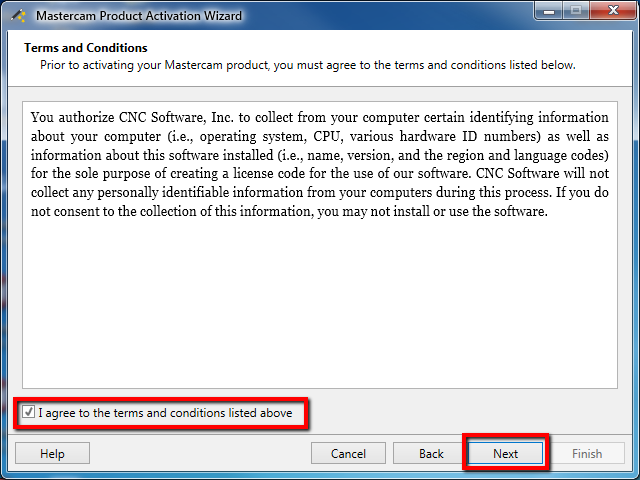
The normality of drilled holes is a critical geometrical tolerance that is required to be achieved in order to realize an efficient assembly process. Modern aircrafts require the assembly of thousands of components with high accuracy and reliability. From this review study, it can be concluded that STEP AP238 provides an effective, efficient and sustainable format for seamless integration of various activities related to design and manufacturing processes involved in scenario of Industry 4.0 or Smart Manufacturing. In this article, a detailed review of works related different STEP methods are presented along with detailed study of past research using different STEP formats. STEP based methods and their application areas, seem to be an excellent conveyor of smart manufacturing or Industry 4.0, which would help in complete integration of CAD/CAPP/CAM. AP238 has rich set of information, which can be used across product lifecycle, as it uses STEP generic resources for building a particular model. STEP-NC was standardised in two forms, namely, ISO 14,649 and ISO 10303-238 (AP238).

STEP-NC codes have data of manufacturing features as well as manufacturing process it evolved as a superior format for computer control of machine tools as compared to G-M codes. AP224 represents feature information of product in a well-defined structure. AP203 represents geometrical and topological information of product. STEP contains different Application Protocols (APs), which are suitable for different domains of product life cycle.

STEP (STandard for Exchange of Product model data) used EXPRESS language, represents information of product model data in object oriented structure. Exchange of product model information without human intervention helps in automation and integration of different sections of the manufacturing organization. Above concepts tends to create manufacturing sector into “Smart Industries”. Newer paradigm such as Industry 4.0 utilizes data transfer through sophisticated technologies of sensors, internet, intelligent system, IoT and other related technologies across enterprise. Information exchange plays a crucial role in digital manufacturing.


 0 kommentar(er)
0 kommentar(er)
